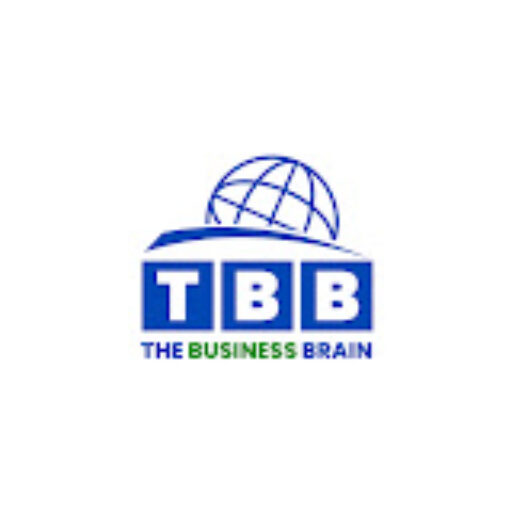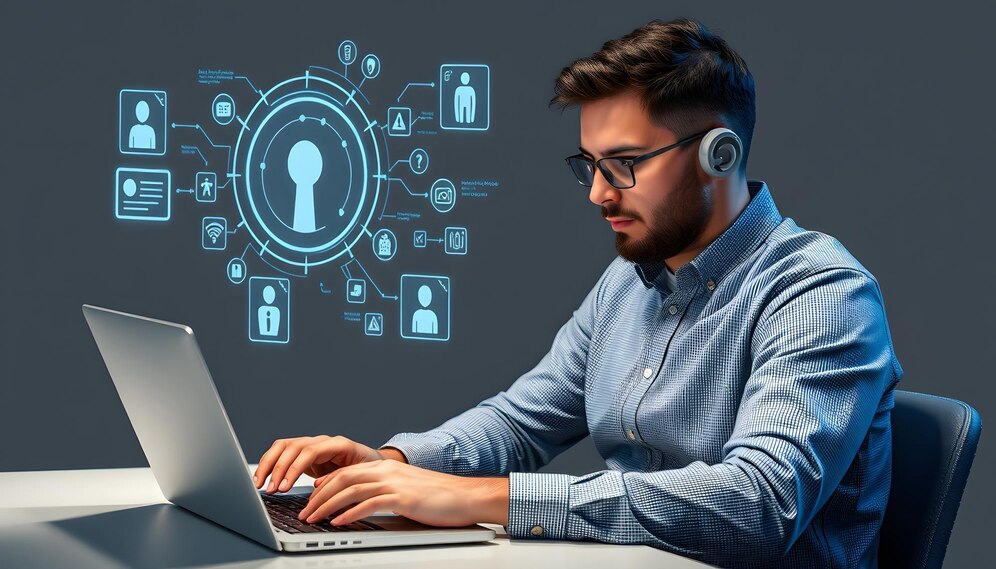As the corporate world increasingly adopts digital transformation, the application of AI in HR is revolutionizing human resource management. Traditionally, HR processes relied heavily on manual, time-consuming tasks. However, AI now enables HR teams to shift toward more strategic roles, improving operational efficiency and data-driven decision-making. This transformation is not only streamlining HR functions but is also allowing businesses to foster more dynamic, agile, and effective workforces.
In this article, we will explore how AI in HR is enhancing operations across recruitment, workforce management, employee engagement, and more, providing a comprehensive look at the future of HR practices.
Streamlining Recruitment Processes with AI
The recruitment process is one of the most time-consuming tasks for HR departments, but AI-driven HR analytics are transforming this space. By automating tasks such as resume screening, interview scheduling, and even initial candidate communication, AI reduces the burden on HR professionals while increasing the speed and accuracy of recruitment.
AI algorithms can analyze thousands of resumes and applications to match candidates to job descriptions based on skills, experience, and qualifications. This data-driven approach eliminates unconscious bias, ensuring that the best candidates are selected based on merit. Furthermore, HR chatbot solutions can handle candidate inquiries, provide updates, and even assist with onboarding, enhancing the overall candidate experience and reducing the time-to-hire.

AI-Driven Employee Engagement and Communication
Employee engagement is critical for retaining top talent and fostering a productive work environment. With the help of AI in HR, businesses can now measure and improve engagement through real-time sentiment analysis. AI tools can analyze employee surveys, feedback forms, and social media activity to gauge employee morale and detect early signs of dissatisfaction.
AI-powered platforms offer AI-driven HR analytics that allows HR teams to act proactively on engagement data. For example, AI can recommend personalized communication strategies or targeted interventions, enabling HR teams to address potential issues before they escalate. Additionally, AI chatbots can be employed for routine HR queries, providing instant responses to employee concerns, improving satisfaction, and minimizing delays in HR communication.

Improving Talent Management Through AI
AI in workforce management plays an integral role in optimizing talent management strategies. AI can track and evaluate employee performance using predefined metrics, allowing HR teams to identify top performers and potential leaders within the organization. By analyzing performance data, AI can recommend individualized development plans, helping employees reach their full potential and align with the company’s goals.
Using AI in employee performance evaluations ensures that feedback is objective, data-driven, and timely. AI can help HR teams make more informed decisions regarding promotions, compensation, and career development opportunities, resulting in improved retention of high-value employees and creating a more engaged workforce.

AI for Diversity, Equity, Inclusion, and Belonging (DEI&B)
One of the most significant impacts of AI in HR is its ability to promote diversity, equity, inclusion, and belonging (DEI&B) within the workplace. AI tools can mitigate bias in the recruitment process by screening candidates solely on qualifications and competencies rather than factors such as gender, age, or ethnicity. This ensures a fair and transparent hiring process, which helps organizations build diverse and inclusive teams.
Moreover, AI can be used to analyze workforce demographics, pinpointing areas where diversity efforts may need improvement. With AI’s ability to provide real-time analytics and recommendations, HR teams can develop more effective DEI&B initiatives, contributing to a more inclusive company culture.

Boosting Learning and Development with AI
The adoption of AI in learning and development allows HR teams to offer personalized, adaptive learning experiences for employees. AI-driven HR analytics can identify skill gaps and recommend tailored training programs to address them, ensuring that employees continue to grow within their roles.
By tracking employee progress and learning outcomes, AI tools can adjust training modules in real time, providing an adaptive learning path for each employee. This not only enhances individual development but also helps the organization maintain a skilled and competitive workforce.
Enhancing Employee Wellbeing Using AI
Employee wellbeing is an increasingly important focus for organizations, and AI in HR can play a pivotal role in enhancing wellbeing programs. AI tools can monitor employee behavior patterns, such as absenteeism, productivity levels, and feedback responses, to detect signs of stress or burnout.
By analyzing wellbeing data, AI can help HR teams implement preventive measures such as wellness programs, mental health support, and flexible working arrangements. The result is a healthier, more satisfied workforce that is less likely to experience burnout, reducing turnover and absenteeism.
Predictive Analytics for Workforce Planning
AI in HR provides predictive analytics that enables more effective workforce planning. By analyzing historical and real-time data, AI can forecast trends related to employee turnover, skills shortages, and future hiring needs.
Predictive analytics allow HR teams to make data-driven decisions about workforce growth, training programs, and talent acquisition. For example, if AI predicts a high turnover rate in a particular department, HR teams can proactively address the underlying issues, whether through improved engagement strategies, upskilling programs, or changes in management practices.
Automating Administrative Tasks to Increase Efficiency
One of the key benefits of AI in HR is its ability to automate administrative tasks such as payroll processing, time tracking, and compliance reporting. By automating these repetitive tasks, AI reduces the risk of human error and ensures accuracy in HR operations.
HR chatbot solutions can manage tasks such as answering employee questions about policies, benefits, or leave requests, allowing HR professionals to focus on more strategic initiatives. Automating administrative functions improves overall efficiency and frees up HR resources to invest in higher-value activities such as employee development and organizational planning.
AI in Compliance and Risk Management
AI can also help HR departments stay compliant with ever-changing labor laws and regulations. By automating the auditing and monitoring of employee data, AI tools can flag potential compliance risks in real time, enabling HR teams to address issues before they become critical.
This proactive approach to compliance reduces legal risks and ensures that HR teams are always up to date with the latest regulations, improving overall governance and risk management.
The Future of AI in HR
The future of AI in HR looks incredibly promising. As AI technology continues to evolve, we can expect to see even more advanced applications in HR, including predictive workforce analytics, personalized learning experiences, and AI-driven decision-making tools for recruitment and performance management.
With the ongoing advancement of AI, HR teams will have access to deeper insights and more efficient processes, allowing them to play a more strategic role within organizations. AI in HR will continue to revolutionize the way businesses manage their people, fostering greater innovation and agility.
Conclusion
In conclusion, the integration of AI in HR is no longer a futuristic concept but an essential reality for businesses looking to stay competitive. From recruitment and talent management to employee engagement and compliance, AI is reshaping HR operations in profound ways.
By automating routine tasks, providing valuable data insights, and enhancing employee experiences, AI in HR allows HR professionals to focus on strategic initiatives that drive organizational growth and success. As AI continues to evolve, its role in HR will only expand, making it a critical tool for businesses aiming to thrive in the digital age.






One thought on “AI in HR: How AI Can Enhance HR Operations in Businesses”
Comments are closed.